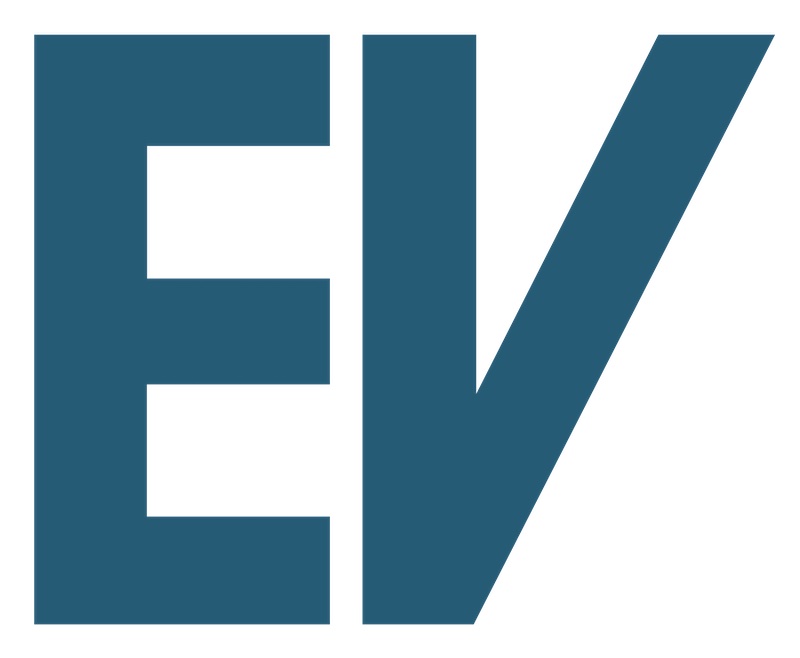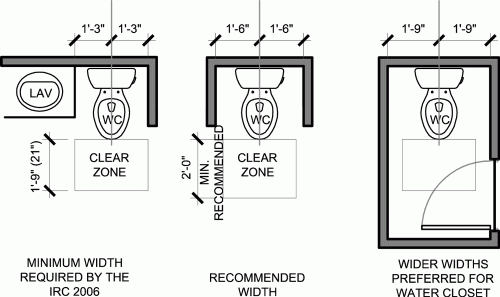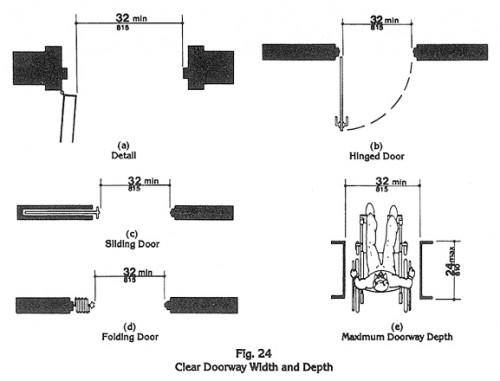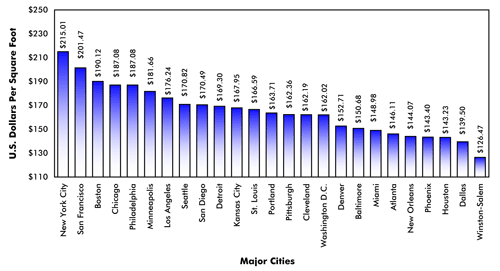Homeowners, business owners, and people in their day-to-day lives don’t worry about building codes. Thankfully, professional engineers and licensed Architects (including those at EVstudio) engage with them on a daily basis. Before the mid-1990s, there were no standard Building Codes; instead, building codes were developed by three separate entities, causing a lot of headaches for building professionals and designers alike. In the beginning of the 21st century, the International Code Council was formed, and the first set of the ICC Building Codes were published in 2000 and are updated every three years. The updated 2024 codes are expected later this year.

On the surface, it looks like the United States has a standardized building code. This is not the case. Some states write their own codes based off the ICC codes. Others, like California, Florida, New Mexico, North Carolina, and Utah, adopt the ICC codes with only minor amendments and mandate them statewide. Conversely, states like Arizona, Colorado, Delaware, Missouri, and Texas allow individual cities and counties to write and enforce their own codes. Each system has pros and cons, but either way, licensed Architects and Professional Engineers must stay alert. There is flexibility in a system where each individual city or county can enact its own set of codes; however, for designers and contractors, trying to practice in one state can involve practicing in many, many sets of codes instead of just one.
For example, Colorado does not directly regulate which ICC codes are adopted; that decision is up to the individual jurisdictions. At the time of writing, that means that City and County of Denver, City of Aurora, and the Town of Fort Collins are all on the 2021 year for the International Building Code, while the City of Arvada, the Town of Windsor, and Jefferson County are all on the 2018 code year. Then there’s jurisdictions like Westminster, Boulder County, and Clear Creek County that are still in the 2015 code year. Keep in mind that each jurisdiction adopts its own amendments to the code, so even though two jurisdictions may have adopted the same code year, they may still have different requirements.
States like Utah doesn’t have this approach. They mandate that all projects be built to the ICC 2021 code year. Local jurisdictions can make amendments, but even that is at the discretion of the state government. That’s a lot less variability statewide, but it’s also a lot less flexibility.
What are your thoughts? Do you prefer the statewide mandate or letting each jurisdiction forge its own path? Do you care, as long as the buildings we use are safe? Either way you choose, EVstudio is here for your next project in whatever jurisdiction!






